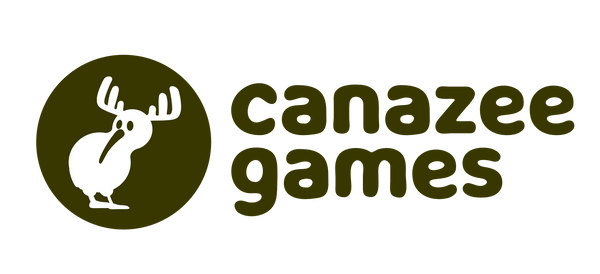When making a board game, there are two main paths to produce the final product. Once the idea, theme and rules have been created, the decision to proceed comes down to:
- Finding an established publishing company; or
- Self-publishing
In order to be published by an existing game company, they need to be accepting submissions, as well as ultimately be interested in the game. If successfully chosen, this option allows game designers to focus solely on gameplay and the publisher will take care of the rest. In return, the game designer receives a small percentage of royalties and the publisher uses their channels and industry expertise to ensure the game becomes reality.
Self-publishing is a process by which the game designer undertakes all tasks and responsibilities to produce, market and distribute the game. This allows full control over the game’s direction, however encompasses a multitude of disciplines (such as manufacturing, sales and shipping) to navigate. One is no longer simply a game designer; they are doing the work for every aspect of the game.
When the idea for Muskoka: The Board Game was conceived, the theme naturally followed and the gameplay was built from there. We decided with niche attractiveness (as well as potential for mass appeal), we wanted autonomy over how best to dedicate this game to that community. We felt collectively we had the required skillset to handle all these tasks and we were prepared to educate ourselves along the way - whatever challenges arose. Thus, Canazee Games was formed and we chose the path to self-publish.

A major step in that journey is manufacturing. There are a number of blogs and forums where game designers share their experience, insights and advice on how to contact and select a factory to work with. We utilized many of these suggestions to form a list of potential options and get a better understanding of the process involved, outlining three possible directions:
- Produce/source components needed and compile the games ourselves –
We were in contact with a local GTA (Greater Toronto Area) connection who had existing relationships with printers, co-packers and suppliers. Most components would be produced locally, then as part of a broker fee they would assemble and shrink wrap games individually. Our desire was to support local business and reduce production time, however our contact never followed through on the quote and it became apparent through our own research having multiple suppliers was going to significantly increase cost and require a great deal of coordination.
- Find a local factory capable of manufacturing board games –
Still seeking a means to produce within Canada, we sought a “one-stop” factory or printer who could compile all components required for our game. We reached out to Joe Slack, a well-known game design instructor and author from Canada, for any suggestions. Joe was very gracious in his response and stated although he was not aware of any, there was a local company with an office in Mississauga that may be worth investigating. We arranged a meeting and through discussions learnt whilst they conveniently handle all shipping and logistics, manufacturing takes place in China. We also attempted to quote from a Quebec based printing operation, however after positive initial communications we never received a final quote.
- Find an international factory capable of manufacturing board games –
The majority of consumer products are made overseas, with the bulk of them being produced in China. The few North American offices we came across, such as PandaGM and PrintNinja, all produced in China and act as intermediaries to streamline the process. We did find a couple of US manufacturers, such as Delano and Ludo Fact (Indiana) to seek quotations. As anticipated, the production costs were significantly higher and in the case of Ludo Fact minimum order quantities were so high the option rendered itself unfeasible.
Ultimately, we quoted almost 20 different manufacturers including board game specialized factories in Europe and China. We gauged and compared MOQ (minimum order quantity), pricing, response time and communication. We want to thank successful board game designers Dan Kaizmaier of Steeped Games and Aron Murch of 2H Media, for their generous advice and mentorship along the way. Both were incredibly helpful, not only around manufacturing but all aspects of self-publishing, with each offering verified factory recommendations which made our shortlist.
We are pleased to be working with Hopes Game Manufacturer located in the financial district of Shanghai with over 15 years experience in board game production. They are certified by the ICTI Ethical Toy Program and have worked with the likes of AEG and Blue Orange Games to produce more than 500 different games. Such titles include Gloomhaven, Wits & Wagers, Istanbul and recent success Wild Serengeti. We are excited to partner with them in bringing Muskoka: The Board Game to life.

Over the coming weeks and months, we will submit all artwork files for verification. Hopes will provide us samples of our game, whereby we can make any necessary changes and give our final approval. At that point, mass production will commence and upon completion we will arrange shipping to North America for fulfillment. We look forward to bringing more updates and insights into our journey.
